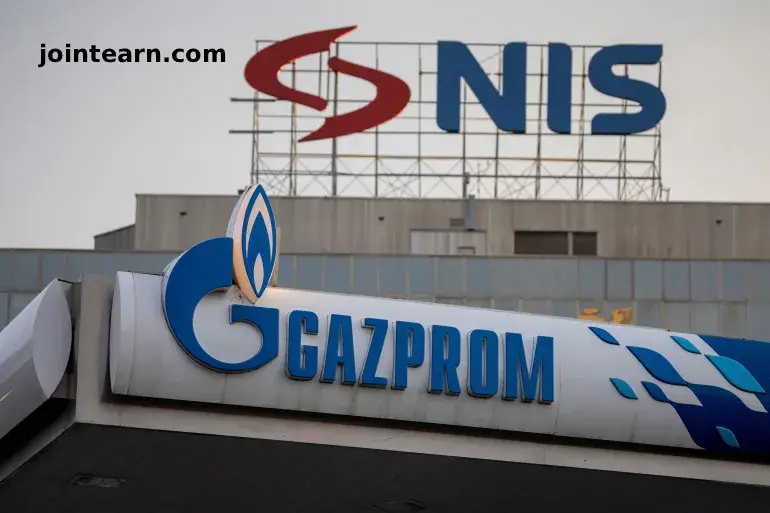
Russia’s state-owned oil company Gazprom Neft has agreed to sell its shares in Serbia’s Naftna Industrija Srbije (NIS) following the imposition of Western sanctions targeting Moscow’s energy sector. The move marks a significant development as Serbia navigates energy security concerns ahead of winter.
Gazprom Neft holds a 44.9% stake in NIS, while an investment arm of its parent company, Gazprom, owns an additional 11.3%. The Serbian government retains a 29.9% share, maintaining a substantial minority interest.
Sanctions Pressure and Negotiations
Serbian Energy Minister Dubravka Djedovic Handanovic confirmed on social media that Russian firms had submitted a petition to the Office of Foreign Assets Control (OFAC) of the U.S. Treasury. The request sought an extension of a sanctions waiver while negotiations with a third-party buyer proceeded.
“The petition states that the Russian side is ready to give up control and influence over the NIS company to a third party,” Djedovic Handanovic said, adding that the Serbian state supports this request.
The U.S. Treasury has already responded to initial comments, and Serbian authorities anticipate a decision from Washington this week. The minister emphasized the need to avoid fuel shortages for Serbian citizens, particularly as winter approaches.
Importance of NIS to Serbia’s Energy Security
Naftna Industrija Srbije (NIS) is a major supplier of fuel in Serbia, and disruptions to its operations could have serious consequences for the Balkan nation. Western sanctions against NIS, effective from early October, have already affected banking transactions and led Croatia’s JANAF pipeline to halt crude deliveries.
Officials estimate that Serbia’s main refinery can operate only until November 25 without new crude supplies. This underscores the urgency for a resolution to the sanctions-induced crisis.
Broader Impact on Russian Oil Companies
The sanctions targeting NIS are part of a broader package of U.S. measures aimed at Russia’s energy sector, which also targets major companies such as Lukoil and Rosneft, along with dozens of their subsidiaries.
- Lukoil holds stakes in projects across 11 countries and operates refineries and petrol station networks throughout Europe.
- In late October, Lukoil announced plans to rapidly divest overseas assets, negotiating transactions under a sanctions grace period until November 21. Extensions may be requested if necessary.
These sanctions are part of an intensified effort by Western governments to pressure Russia to end its war in Ukraine. Ukraine has called for tougher sanctions, asset freezes, and Western-supplied defence systems.
Serbia’s Strategic Approach
Serbia is actively working to ensure the continuity of fuel supply to its population while complying with sanctions regimes. The government’s support for the Russian divestment plan reflects a balancing act between maintaining energy security and aligning with international obligations.
Minister Djedovic Handanovic stressed that citizens must not face fuel shortages, stating, “Time is running out and a solution has to be found, but the citizens must not suffer and run out of fuel. That won’t and shouldn’t happen.”
Implications for the Balkans and Energy Markets
The Russian exit from NIS signals a shift in energy ownership in the Balkans and highlights the broader impact of geopolitical sanctions on regional fuel markets. Observers suggest that continued Western pressure could accelerate Russian divestment from other European assets, reshaping energy supply dynamics and increasing opportunities for third-party investors in the region.


Leave a Reply